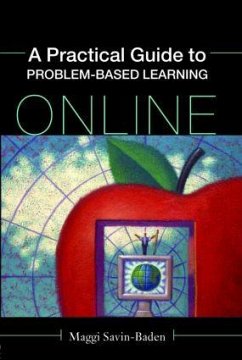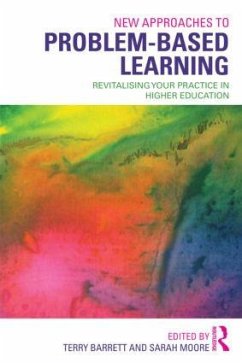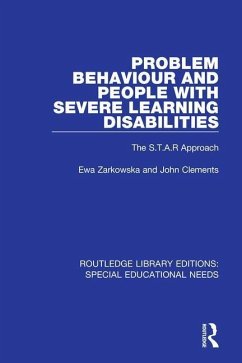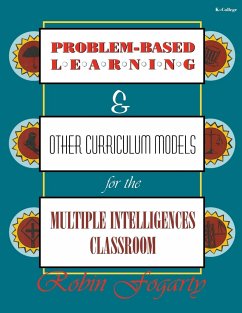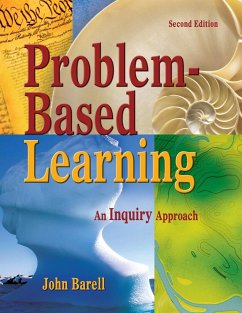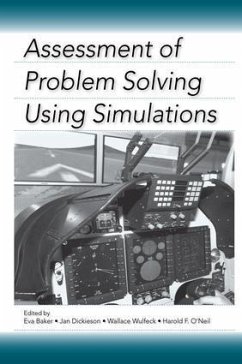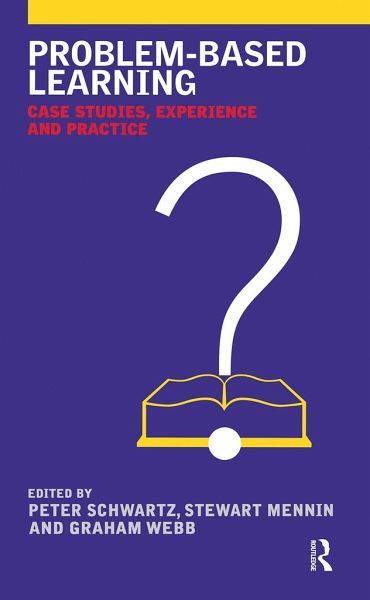
Problem-based Learning
Versandkostenfrei!
Versandfertig in 1-2 Wochen
56,99 €
inkl. MwSt.
Weitere Ausgaben:

PAYBACK Punkte
28 °P sammeln!
Problem-based learning (PBL) is becoming widely used in higher education. Popular in the medical sciences, PBL is now finding applications beyond - in engineering, sciences and architecture - and is widely applicable in many fields. It is a powerful teaching technique that appeals to students and educators alike. This book will be of great value to those who want to improve their use of PBL and for those who want to learn more and implement it. It provides compelling accounts of experiences with PBL from eight countries including the UK, US, Canada, Australia and New Zealand, and gives readers...
Problem-based learning (PBL) is becoming widely used in higher education. Popular in the medical sciences, PBL is now finding applications beyond - in engineering, sciences and architecture - and is widely applicable in many fields. It is a powerful teaching technique that appeals to students and educators alike. This book will be of great value to those who want to improve their use of PBL and for those who want to learn more and implement it. It provides compelling accounts of experiences with PBL from eight countries including the UK, US, Canada, Australia and New Zealand, and gives readers the opportunity to understand PBL and to develop strategies for their own curriculum, in any subject and at many levels.





